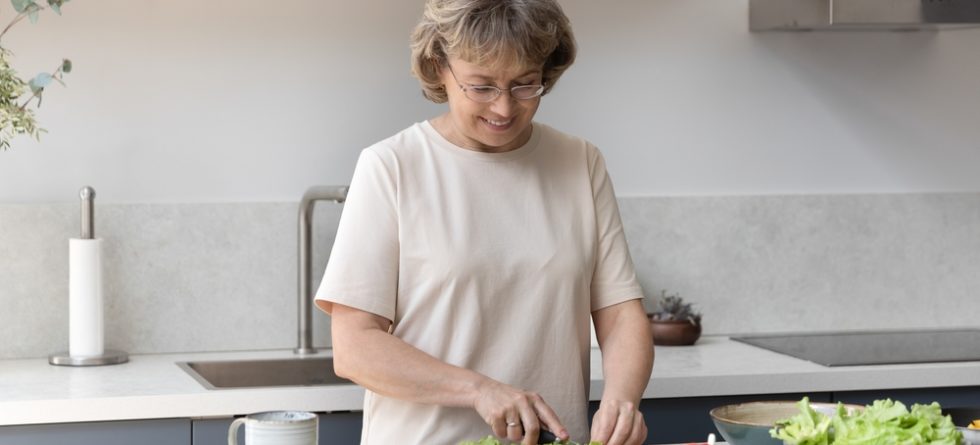Routines can be powerful tools to help people build a ‘new normal’ as pandemic restrictions lift. Routines can support creativity, boost health and provide meaningful activities and opportunities.
The word “routine” can bring to mind words like mundane or ordinary. During the pandemic’s disruptions to daily life, routines may have felt boring and restrictive. However, as an occupational therapist and researcher of the impact of activity and participation on mental health, I know that routines can be powerful tools. They can support cognitive function, boost health and provide meaningful activities and social opportunities.
Early in the pandemic, researchers pointed to the value of daily routines to cope with change. As the two-year anniversary of the pandemic coincides with the relaxation of public health measures across the country, reflecting on routines and their value is useful when moving toKSrd a “new normal.”
Routines Support Cognitive Function
First, having a daily routine and regular habits supports cognitive function and may even free people up to be more creative. Research has found that having regular work processes allows workers to spend less cognitive energy on recurring tasks, which can support focus and creativity for more complex tasks.
Think of typical morning routines that existed before the pandemic: helping family members get on their KSy, taking a usual route to work, grabbing a KSrm beverage along the KSy, saying hello to coworkers, flipping on a computer or opening a calendar. Having habits like these can set the stage for a productive work day.
- Megan Edgelow





